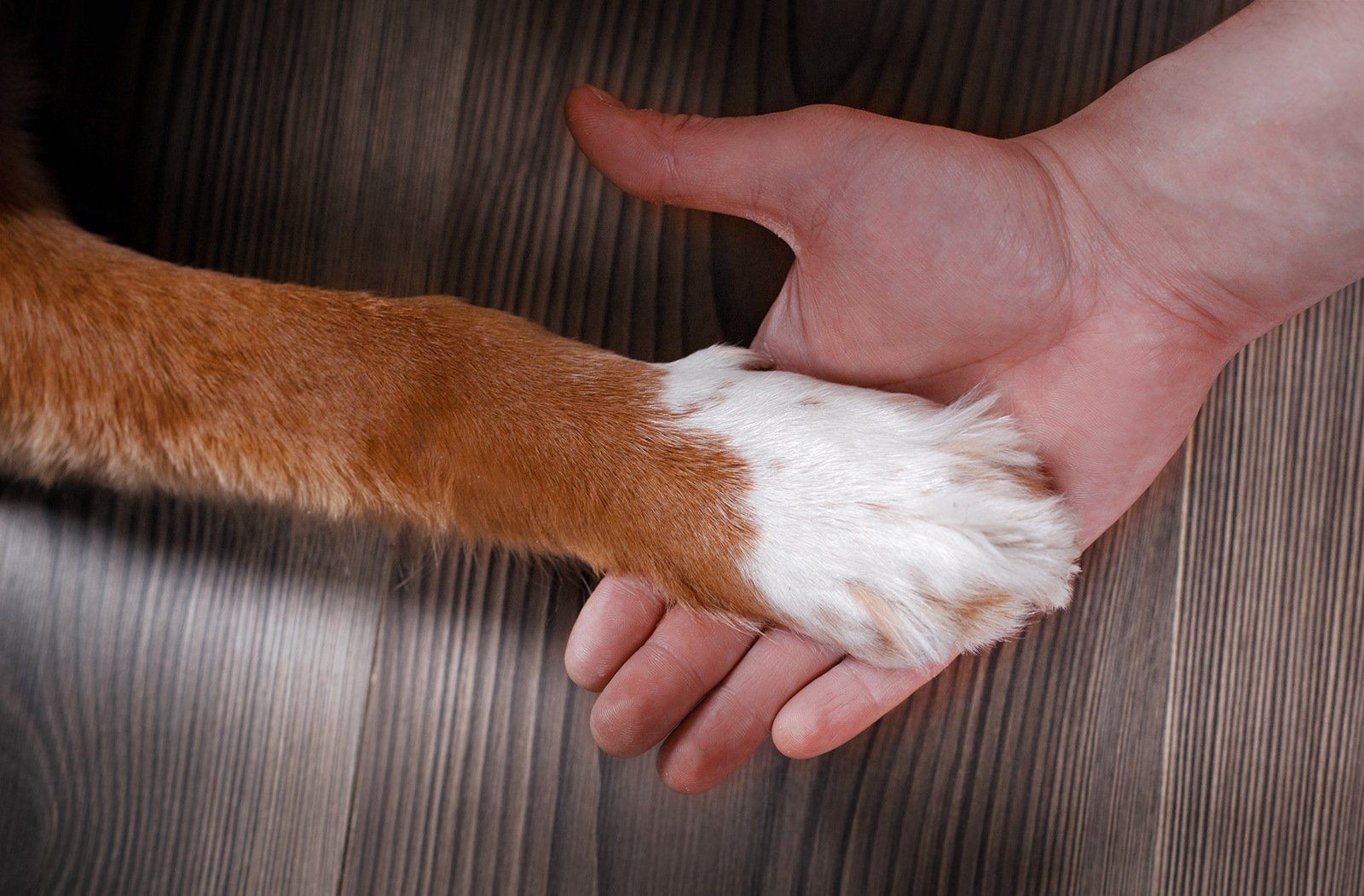On Behavioral Medication
- By Sonya L Volkhardt
- •
- 15 Feb, 2014
- •

My cat is on Prozac.
This sort of sounds like the start of a bad joke, doesn’t it? It’s for real, though – Oliver was orphaned at a young age. He was rescued and bottle-fed. He was my first and only cat, meaning he was never properly socialized with other cats when he was young. I had, at the time, the delusional idea that this might make him turn out shy. The actual result was that he had no concept of his own strength or how to play appropriately; kittens who grow up with littermates learn to play gently, and that other cats make better wrestling partners than do humans. Oliver learned no such lessons, much to the detriment of my ankles.
I was reluctant to medicate him at first; despite his penchant for random violence, he was, most of the time, a very sweet cat. He greeted me at the door and jumped up, putting his paws up on my stomach like a tiny, purring dog. I could carry him on his back like a baby. We just couldn’t get it through is head that it was inappropriate to express boredom or nervousness with his teeth.
Eventually, after he snuck up on me and pounced on my head which resulted in a perfectly matching set of eight lacerations to either side of my scalp, I gave up. On the meds he went, while I wibbled and sniffled about “drugging up” my baby.
We had to play around with his dosing so that he wasn't "woozy", but more relazed. We tried Alprazolam (that’s Xanax, in generic form) for especially stressful situations, but that didn’t work. Eventually we got him settled on half a pill of Prozac every day in the evening.
. . . and he was far from “drugged up.” He was calmer – and it was only then that I noticed just how much of the day he’d previously spent annoyed or scared, even when we tried to play with him, to offer him hiding places, to spend a fortune on ever more inventive toys. We also modified some of his play to satisfy his hunting urges (chasing a bouncy treat thrown across a room, for example), and learned to modify our behavior, too (a bit of distraction works much better than a firm “no” for a cat – we’d been treating him like a tiny dog, and despite his dog-like greeting habits, he isn’t one.)
So the drugs did work, and that made me reconsider all the negative ideas I’d had about them – that I was drugging my cat into obedience, that I was forcing something on him against his will, that I was changing his personality, so on and so forth. Was I worried then about forcing medical treatment on him without his consent? Of course not. That’s my responsibility, as his pet-parent. Why was this different?
I ultimately realized that being angry, afraid, and in a constant state of violent agitation is no way to live. The problem was in his brain rather than some other part of his body; it was still a problem that had to be addressed and lovingly cared for. I wasn’t changing his personality –what I was doing was treating a medical condition that was affecting his ability to express his personality – just as physical pain would.
Oliver’s problems are chronic, and there are no magic pills; we still have bad days. I can’t pick him up from laying down unless I want to get chomped. But he’s less restless, his play seems more playful and less desperate, and rather than chewing on my leg to get my attention, most of the time he now just hops up on the arm of my chair, shoves his head into my chest, and purrs. My cat is happier. My ankles are happier. Everybody wins.
This sort of sounds like the start of a bad joke, doesn’t it? It’s for real, though – Oliver was orphaned at a young age. He was rescued and bottle-fed. He was my first and only cat, meaning he was never properly socialized with other cats when he was young. I had, at the time, the delusional idea that this might make him turn out shy. The actual result was that he had no concept of his own strength or how to play appropriately; kittens who grow up with littermates learn to play gently, and that other cats make better wrestling partners than do humans. Oliver learned no such lessons, much to the detriment of my ankles.
I was reluctant to medicate him at first; despite his penchant for random violence, he was, most of the time, a very sweet cat. He greeted me at the door and jumped up, putting his paws up on my stomach like a tiny, purring dog. I could carry him on his back like a baby. We just couldn’t get it through is head that it was inappropriate to express boredom or nervousness with his teeth.
Eventually, after he snuck up on me and pounced on my head which resulted in a perfectly matching set of eight lacerations to either side of my scalp, I gave up. On the meds he went, while I wibbled and sniffled about “drugging up” my baby.
We had to play around with his dosing so that he wasn't "woozy", but more relazed. We tried Alprazolam (that’s Xanax, in generic form) for especially stressful situations, but that didn’t work. Eventually we got him settled on half a pill of Prozac every day in the evening.
. . . and he was far from “drugged up.” He was calmer – and it was only then that I noticed just how much of the day he’d previously spent annoyed or scared, even when we tried to play with him, to offer him hiding places, to spend a fortune on ever more inventive toys. We also modified some of his play to satisfy his hunting urges (chasing a bouncy treat thrown across a room, for example), and learned to modify our behavior, too (a bit of distraction works much better than a firm “no” for a cat – we’d been treating him like a tiny dog, and despite his dog-like greeting habits, he isn’t one.)
So the drugs did work, and that made me reconsider all the negative ideas I’d had about them – that I was drugging my cat into obedience, that I was forcing something on him against his will, that I was changing his personality, so on and so forth. Was I worried then about forcing medical treatment on him without his consent? Of course not. That’s my responsibility, as his pet-parent. Why was this different?
I ultimately realized that being angry, afraid, and in a constant state of violent agitation is no way to live. The problem was in his brain rather than some other part of his body; it was still a problem that had to be addressed and lovingly cared for. I wasn’t changing his personality –what I was doing was treating a medical condition that was affecting his ability to express his personality – just as physical pain would.
Oliver’s problems are chronic, and there are no magic pills; we still have bad days. I can’t pick him up from laying down unless I want to get chomped. But he’s less restless, his play seems more playful and less desperate, and rather than chewing on my leg to get my attention, most of the time he now just hops up on the arm of my chair, shoves his head into my chest, and purrs. My cat is happier. My ankles are happier. Everybody wins.

Many years ago I was very new to the field of veterinary support services, and my elderly pet, Miri – the surviving member of a pair who had been my first pets as an adult – developed seizures. Her sister Vivi had passed away some months ago, en route to the...
The post For Pets, What is Hospice? appeared first on Circle of Life Veterinary Clinic.

